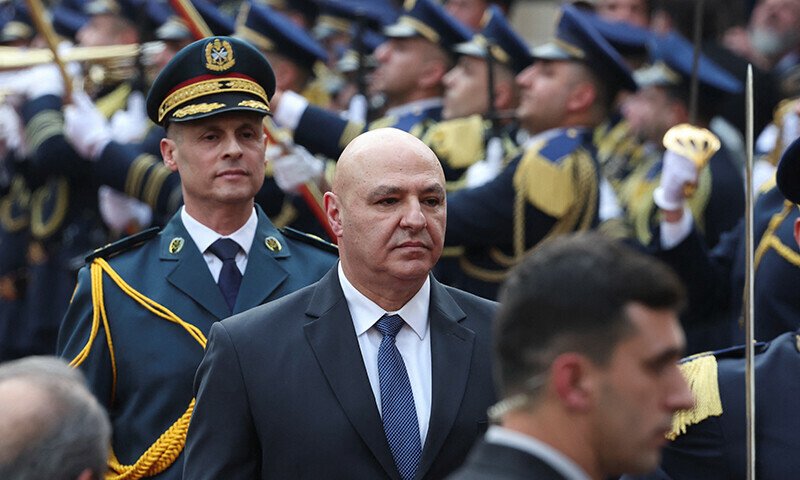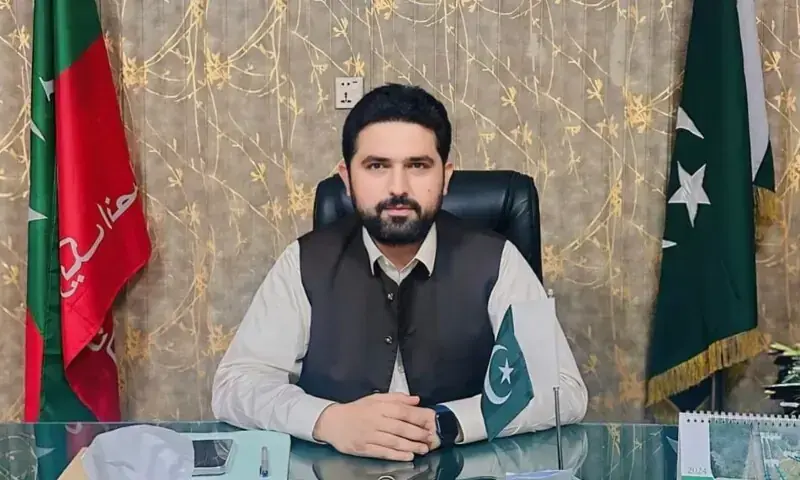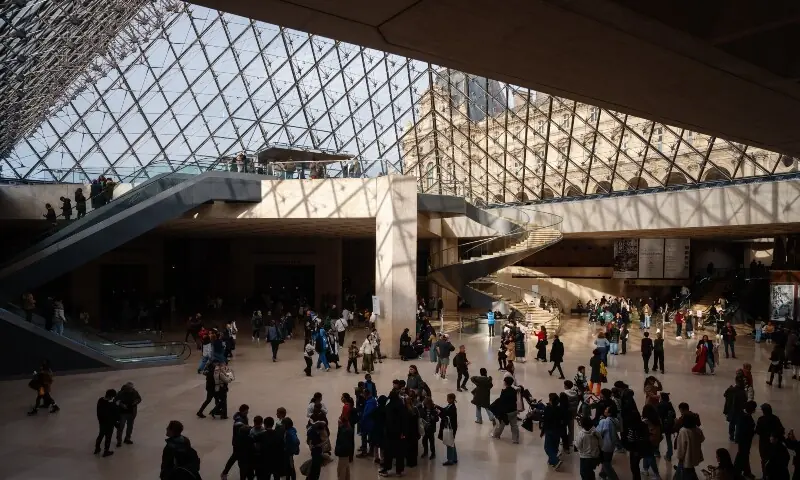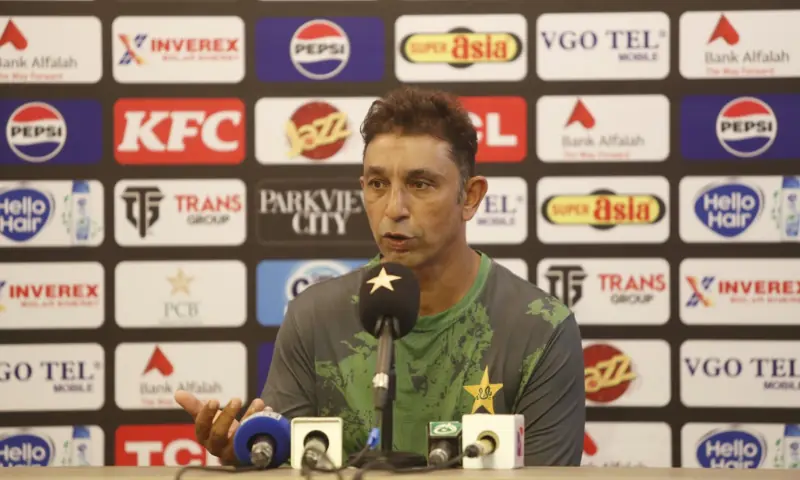Lebanon’s parliament on Thursday elected army chief Joseph Aoun head of state, filling the vacant presidency with a general who enjoys the approval of the United States and showing the diminished influence of the Hezbollah group after the Israeli invasion of Lebanon.
The result reflected changes in the balance of power in Lebanon and the broader Middle East, with the Hezbollah group badly hit by last year’s war and its Syrian ally Bashar al-Assad ousted in December.
It also signaled a resurgence of Saudi influence in a country where Riyadh’s role was long ago eclipsed by Iran and Hezbollah.
The presidency, reserved for a Maronite Christian in Lebanon’s sectarian power-sharing system, has been vacant since Michel Aoun’s term ended in October 2022, with deeply divided factions failing to agree on a candidate capable of winning enough votes in the 128-seat parliament.
Aoun fell short of the necessary 86 votes in a first round, but crossed the threshold with 99 votes in a second round, according to Parliament Speaker Nabih Berri, after lawmakers from Hezbollah and its Shiite ally, the Amal Movement, will support.
Momentum grew behind Aoun on Wednesday when Hezbollah’s preferred candidate, Suleiman Frangieh, withdrew and declared his support for the army commander, and as French and Saudi envoys toured Beirut, urging his election in meetings with politicians, they said. three Lebanese political sources.
A source close to the Saudi royal court said French, Saudi and American envoys had told Berri, a close Hezbollah ally, that international financial assistance, including from Saudi Arabia, depended on Aoun’s election.
Thursday’s parliamentary session was attended by several foreign diplomats, including French special envoy Jean-Yves Le Druan and ambassadors from the Quint committee (Egypt, France, the United States, Qatar and Saudi Arabia) which is following the issue of the presidential vacancy in Lebanon. .
“There is a very clear message from the international community that they are willing to support Lebanon, but that needs a president, a government,” said Michel Mouawad, a Christian lawmaker opposed to Hezbollah who voted for Aoun. Reuters before the vote. “We received a message of support from Saudi Arabia,” he added.
Aoun’s election is a first step toward reviving government institutions in a country that has had neither a head of state nor a fully empowered cabinet since Aoun left office.
Lebanon, whose economy is still recovering from the devastating 2019 financial collapse, urgently needs international support to rebuild after the war, which the World Bank estimates cost the country $8.5 billion.
Lebanon’s system of government requires the new president to convene consultations with lawmakers to nominate a Sunni Muslim prime minister to form a new cabinet, a process that can often drag out as factions swap ministerial portfolios.
Aoun plays a key role in underpinning a ceasefire between Hezbollah and Israel, brokered by Washington and Paris in November. The terms call for the Lebanese army to deploy to southern Lebanon as Israeli troops and Hezbollah withdraw their forces.
Aoun, 60, has been commander of the US-backed Lebanese army since 2017. During his tenure, US aid continued to flow to the army, part of a long-standing US policy focused on supporting state institutions to curb influence of Hezbollah.
Additional contributions from Anadolu Agency







